Novelists are willing to explore the challenges and dilemmas of aging to create a wide array of interesting, mature protagonists and the issues they face at midlife and beyond. Our choices in contemporary fiction feature complex characters and encompass themes that are timeless and ageless, which can provide insight about the people we know or suggest what lies ahead for our future selves.
 The Dollhouse: A Novel Posted in: Mysteries and Thrillers, Women’s Lives
The Dollhouse: A Novel Posted in: Mysteries and Thrillers, Women’s LivesBy Fiona Davis — Dutton, 2017
Aspiring career women of the 1950s often left home to attend secretarial school or to seek jobs in New York City. The times called for young, unmarried women to live in supervised boarding houses to preserve their reputations, and the glamorous Barbizon Hotel was one such residence. The women experienced unfathomable sexism, yet they played as hard as they worked, with forbidden escorts and visits to jazz clubs in “bad” parts of town. This novel centers around the Barbizon, which was renovated to upscale condominiums in 1981. A few original tenants, now in their 80s, like Darby McLaughlin, were grandmothered in and still live on the fourth floor. New renter Rose Lewin, a journalist, is intrigued by an unsolved mystery from the ’50s and is determined to solve it with Darby’s help. Readers will enjoy this look at vintage Manhattan as the duo’s reconnaissance takes us back to the hotel’s heyday, illuminating the lives of residents and staff at that time in the city’s history.
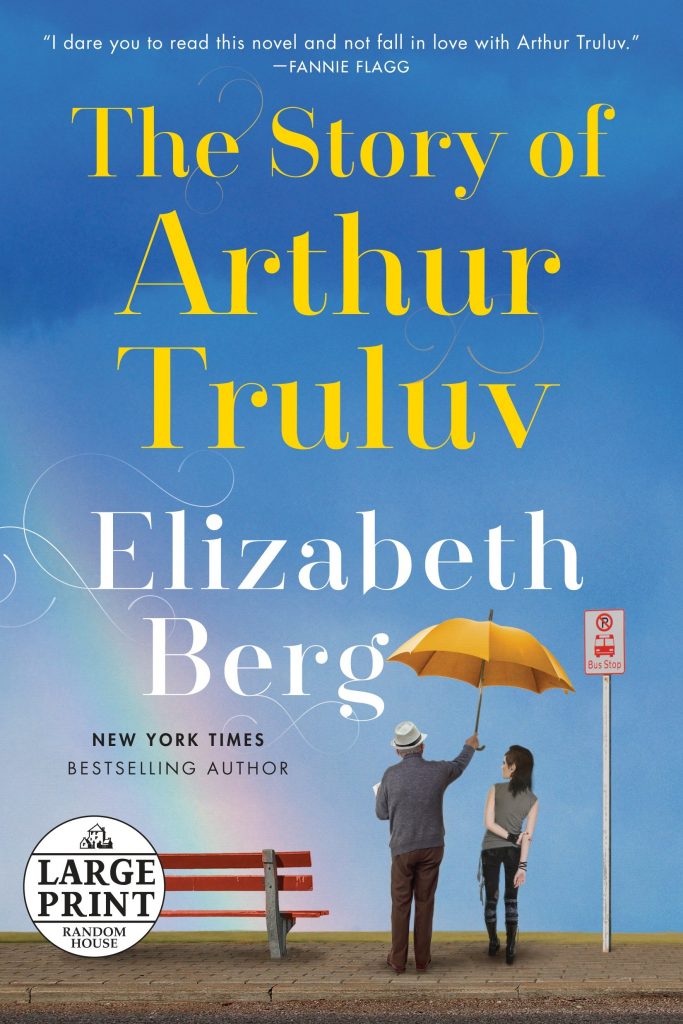 The Story of Arthur Truluv: A Novel Posted in: Friendships, Voices/Views, Widows and Widowers
The Story of Arthur Truluv: A Novel Posted in: Friendships, Voices/Views, Widows and WidowersBy Elizabeth Berg – Random House, 2017
If it seems as though the bookshelves are full of crotchety-old-people stories, and you’re left aching to believe that all people don’t end up curmudgeons, Elizabeth Berg’s The Story of Arthur Truluv may be just what the doctor (or librarian) ordered. Every day, 85-year-old Arthur Moses leaves his garden, packs a lunch and takes the bus to the cemetery to talk to Nola, his late wife. His only other regular companion is Lucille, an 80-year-old neighbor who still pines over a lost love. In the cemetery, Maddie, an 18-year-old rebel with poor taste in suitors, avoids the bullies at school and a cold father at home. When she hears Arthur talking to Nola, she names him Truluv, and an unlikely friendship forms, a kinship of those who have loved and lost. Arthur is a found treasure in Maddie’s sad life, and ultimately she gives purpose to his. Soon Arthur and Lucille support Maddie and give her what she’s always craved, while Maddie helps them to live independently at home. The intergenerational piece of this story is moving and reminds us how we all crave acceptance and a listening ear. Read this one to restore your faith that aging won’t leave you grumpy.
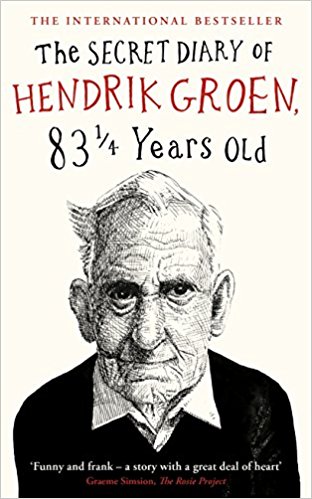 The Secret Diary of Hendrik Groen, 83¼ Years Old Posted in: Fiction, Friendships, Humor, Mortality
The Secret Diary of Hendrik Groen, 83¼ Years Old Posted in: Fiction, Friendships, Humor, MortalityBy Hendrik Groen – Michael Joseph, 2016
Do you ever imagine a typical day in a care home? According to 83-year-old resident Hendrik Groen, there is no such thing. He’s keeping a diary of life in the North Amsterdam pensioners’ apartments, and no secret is unwritten, including what he wishes he could say aloud if he were not so unfailingly polite. Hendrik’s diary is fiction but reads like autobiography. Facing aging head on, Hendrik and friends find humor where they can, whether it be dumping cake in the aquarium or watching the “old biddies” loosen the salt shaker on an unsuspecting dining companion. That’s not to say the diary is all fluff. Hendrik labors over buying the right mobility scooter and ponders the ethics of euthanasia when friends are ill. We can learn a great deal from Hendrik; his contentment comes from the give-and-take of genuine friendship, having a sense of purpose and always having a plan to move forward. The book is so thoroughly delightful and big-hearted, I can’t wait to read the sequel, On the Bright Side (2018).
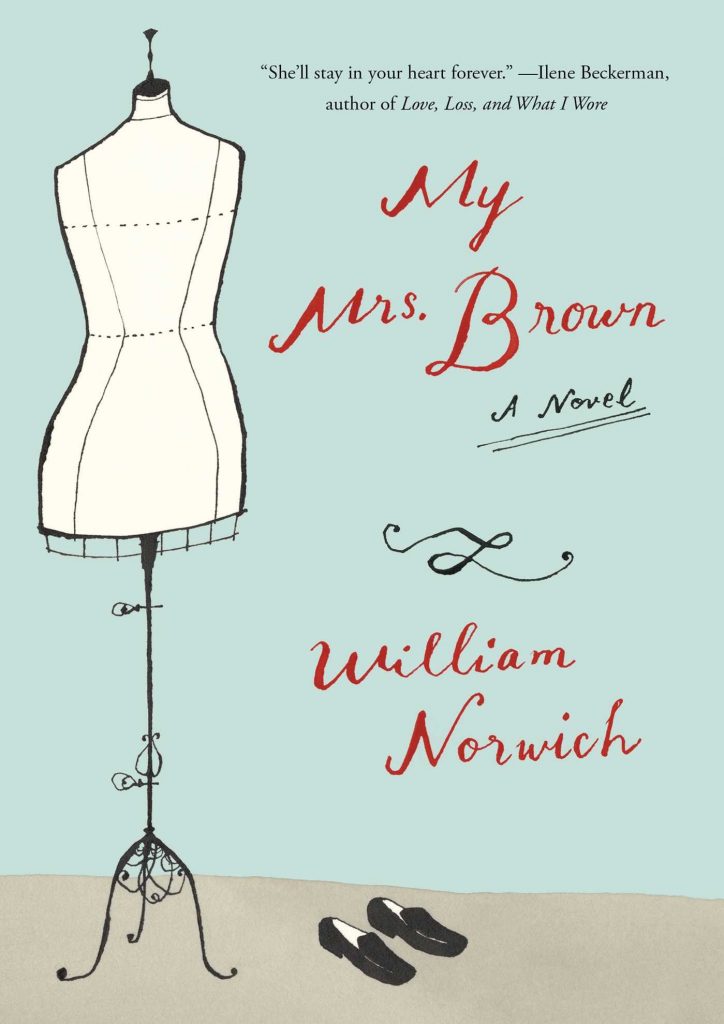 My Mrs. Brown: A Novel Posted in: Fiction, Women’s Lives
My Mrs. Brown: A Novel Posted in: Fiction, Women’s LivesBy William Norwich – Simon and Schuster, 2016
Mrs. Brown is a drab and proper widow, living an invisible existence picking up after others in a small-town beauty shop, where she hears everything and says nothing. Staff and clients couldn’t care less about her in her thrift-shop clothes. An excellent seamstress with an eye for detail, she takes in sewing work to supplement her modest income. When the town’s society maven dies, Mrs. Brown helps clean out the mansion. In doing so, she spies an elegant, timeless Oscar de la Renta dress—and she knows she must have that dress, even though she cannot articulate why. This is a sweet story that takes you from pitying Mrs. B to cheering her on to get the dress. We’ve probably all had a have-to-have-it moment. Curiously, this was hers. It is in the pursuit of the dress that the real Mrs. Brown is awakened and appreciated. This little book, like Mrs. Brown herself, is not to be dismissed.
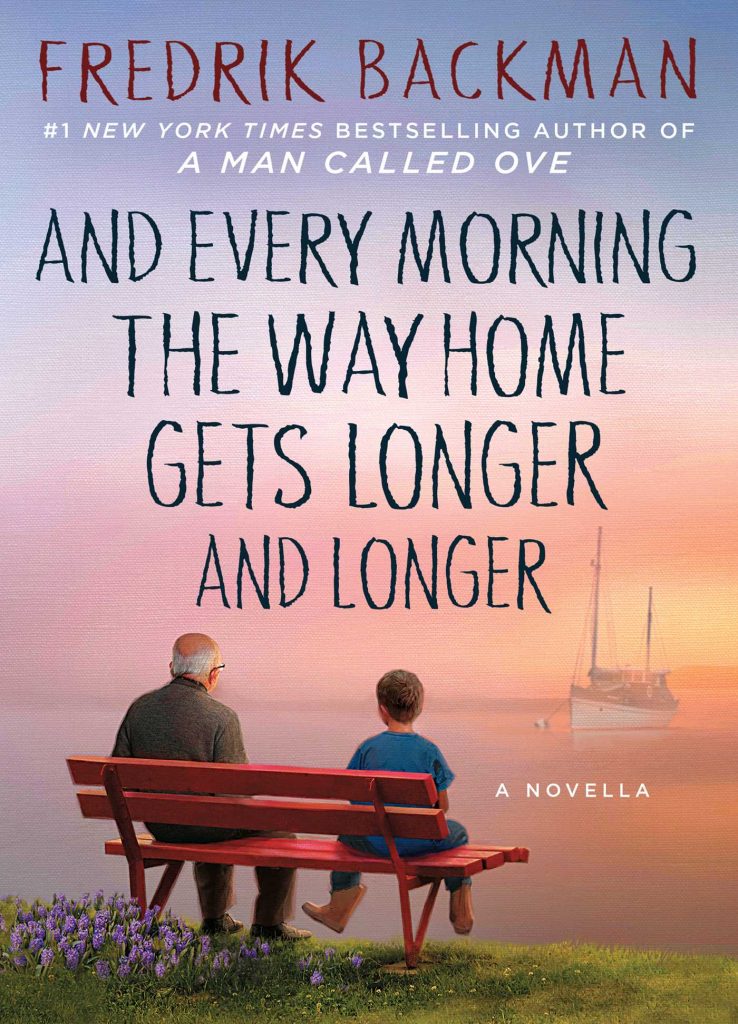 And Every Morning the Way Home Gets Longer and Longer: A Novella Posted in: Families, Fiction, Mortality, Voices/Views
And Every Morning the Way Home Gets Longer and Longer: A Novella Posted in: Families, Fiction, Mortality, Voices/ViewsBy Fredrik Backman — Atria, 2016
Just when you think you’ve read all of the books you’ll ever need on dementia and the long goodbye, along comes this glorious novella from Fredrik Backman, easily the best thing to come to the United States from Sweden since IKEA. Not initially intending to share, Backman wrote this to explore his feelings on familial love and loss. Readers familiar with his work (A Man Called Ove, Britt-Marie Was Here) will recognize his positive portrayals of older adults. Here, on a bench with his beloved grandson Noah, Grandfather realizes his memory is slipping and worries he’ll forget the loves of his life. Understanding what’s at stake, Noah tries to help his grandfather hold on to the happy times. Through a shared love of mathematics, the pair can face infinity and the concept of forever without fear. This gem is sprinkled with illustrations, but it’s the poetry of Backman’s words that create a visually memorable experience, to be read, reread and shared.
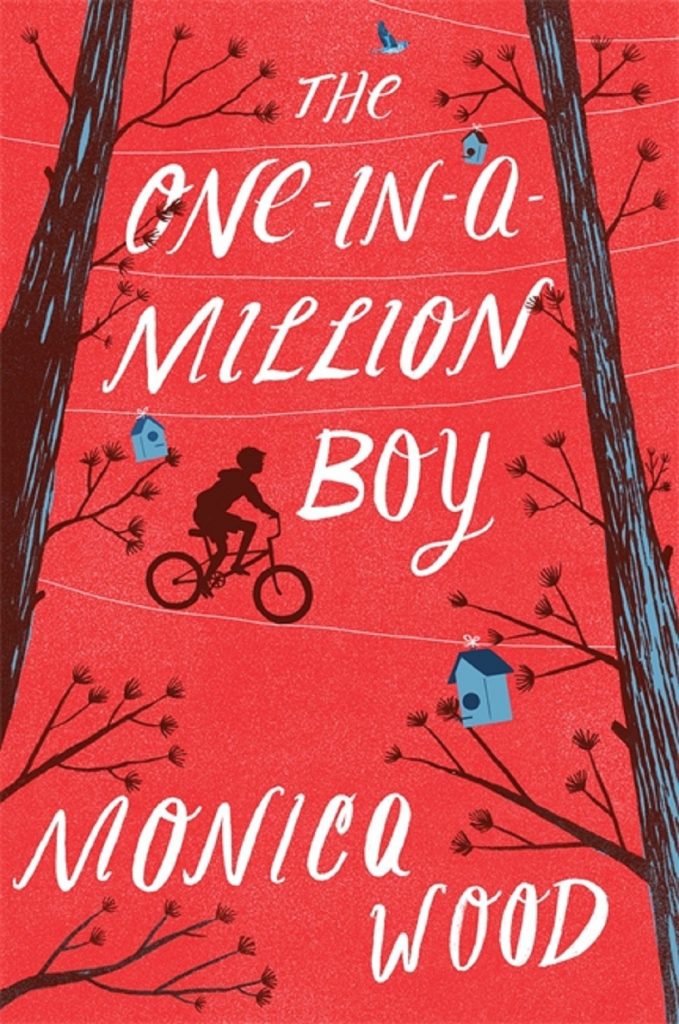 The One-in-a-Million Boy Posted in: Families, Fiction, Friendships
The One-in-a-Million Boy Posted in: Families, Fiction, FriendshipsBy Monica Wood – Houghton Mifflin Harcourt, 2016
Quinn is a professional musician, perennially on the road, who feels remorse for missing so much of his sweet and unusual son’s too-short life. Now that it’s too late, as penance, he takes on a Boy Scout commitment his son had made and meets 104-year-old Ona Vitkus, a contrary, reclusive woman who has seen more than her share of well-intentioned Scouts. While filling Ona’s birdfeeders, Quinn learns that his son had endeared himself to Ona and had started a recording of her life for a school project. He also discovers his son was a savant, of sorts, when it came to the Guinness Book of World Records, and Quinn takes up the 8-year-old’s quest to get Ona into the record book. Sentimental without ever being sappy, this is a heartwarming, heartbreaking story of friendship and of not knowing what you’ve got until it’s gone.
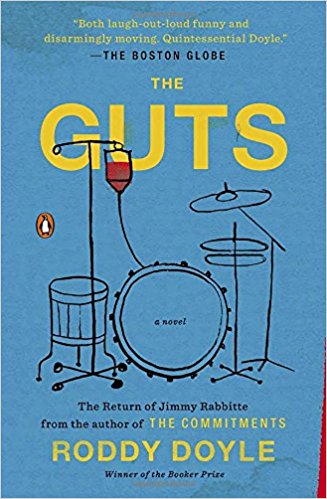 The Guts Posted in: Families, Midlife Crossings
The Guts Posted in: Families, Midlife CrossingsBy Roddy Doyle – Viking Adult, 2014
Booker Prize-winning author Roddy Doyle reprises hero Jimmy Rabbitte in The Guts, a sequel to The Commitments (Vintage, 1989). Matured now, Rabbitte is a 50-something father with a wife who loves him and a mostly good relationship with his extended family, in particular his dad. Rabbitte just found out he has cancer. A once-popular musician himself, he now makes a living connecting people to the old music artists and albums they love. His work takes him across Ireland where he reconnects with a former bandmate and a long-ago love. Spurred by his health crisis, he also seeks to reunite with his estranged brother. This is an Irish tale of middle-age awakenings, driven in no small part by his diagnosis. You don’t need to read the original to enjoy this sequel. Doyle’s colorful language may turn off some readers but this novel is worth reading for anyone who enjoys a strong character and a good plot.
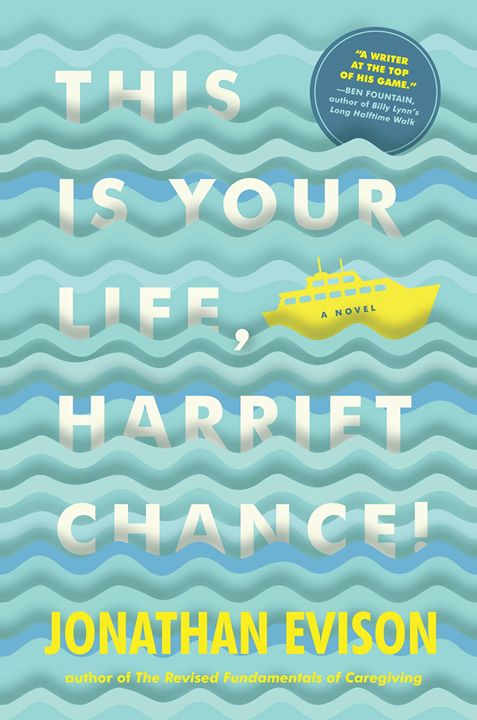 This is Your Life, Harriet Chance Posted in: Humor, Widows and Widowers, Women’s Lives
This is Your Life, Harriet Chance Posted in: Humor, Widows and Widowers, Women’s LivesBy Jonathan Evison – Algonquin Books, 2016
Harriet Chance is a delightful 78-year-old who enjoys a drink and talking to her late husband, Bernard. When Harriet learns that Bernard won an Alaskan cruise, she consults with him about going—she’s not a traveler, after all—and decides to take the trip. Once on board, Harriet is joined by a tedious, estranged daughter and is confronted with the fact that most of her life has not been as it seemed to her.
The story is told in the format of the ’50s television program “This is Your Life,” complete with the slow reveal of the contestant’s lifetime of hits and misses. Author Evison’s third-person narration mimics a television host’s as Harriet is laid bare as a wife, mother and friend. This bittersweet novel is a story of regret, redemption and self-forgiveness, with humor and memorable characters. It’s fun and hopeful and very hard to put down.
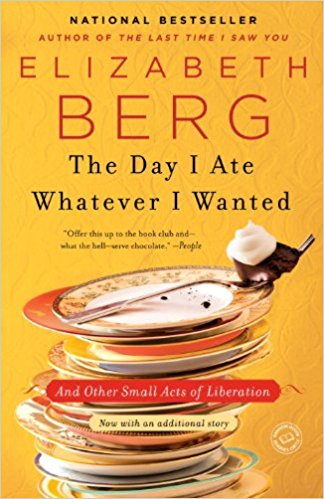 The Day I Ate Whatever I Wanted: And Other Small Acts of Liberation Posted in: Short Story Collections, Women’s Lives
The Day I Ate Whatever I Wanted: And Other Small Acts of Liberation Posted in: Short Story Collections, Women’s LivesBy Elizabeth Berg – Random House, 2008
Award-winning writer Elizabeth Berg shines in this book of short stories, told as you would talk to a friend at the kitchen table. One poignant and touching story tells the tale of two women in their 80s, friends for 50 years, who have accepted without words that one has reached the end of her life. In another story, a defiant dieter goes AWOL for a day, eats what makes her happy, if not satisfied, and returns to Weight Watchers with no one the wiser. And in another, an unsolicited recipe for pie is delivered in a meandering letter from an old family friend. In voices—each different, yet familiar—these 13 stories touch on many issues of a woman’s life. You will want to curl up with tea and tissues to savor every one.
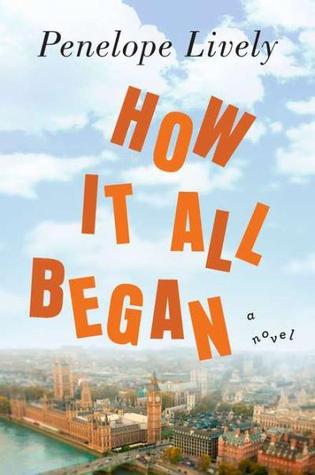 How It All Began Posted in: Midlife Crossings
How It All Began Posted in: Midlife CrossingsBy Penelope Lively – Viking, 2012
A chain of events unfolds in London. A 76-year-old literacy volunteer named Charlotte is mugged and forced to convalesce at the home of her adult daughter, Rose. Unfulfilled, reliable Rose works for Lord Peters, an aging academic trying desperately to stay credible. His niece, Marion, filling in for Rose while Charlotte recovers, becomes a victim of a scam that could devastate her financially. Housebound Charlotte accepts Anton as a private student, and soon Rose becomes intrigued by her mother’s pupil, a hardworking immigrant hoping to improve his English for better job prospects. Unexpected developments keep the reader turning pages and continuously surprise this wonderfully developed cast of characters, all either in advanced years or in the midst of midlife changes.
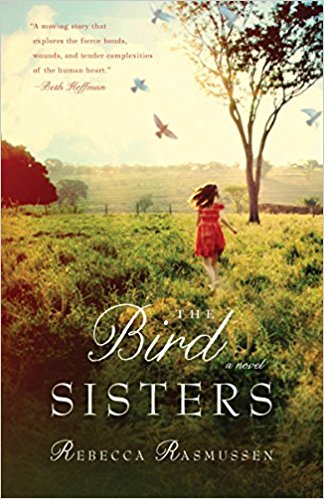 The Bird Sisters Posted in: Families, Women’s Lives
The Bird Sisters Posted in: Families, Women’s LivesThis is a beautiful and heartbreaking story of two sisters, now in their 70s, who still live in the house where they grew up. Called the Bird Sisters because they rehabilitate wounded and dying birds, they are eccentrics in a small Wisconsin town of gently quirky inhabitants. Their story is told in chapters that alternate between the present and 1947, when the girls were teenagers trying to fix their parents’ broken marriage. They reflect on a cousin in fragile health whose summer visit changed them all. These charming, naïve sisters thought they knew what their futures held: a secure and predictable married life for sweet Millie and adventure for ornery Twiss. Neither got what she wanted. The Bird Sisters is a tale of secrets, sisterly love and devotion, and of two women you’ll remember long after you close the book.
 The Leisure Seeker Posted in: Humor, Love Stories, Mortality
The Leisure Seeker Posted in: Humor, Love Stories, MortalityYou will wish you owned a roadside stop along Route 66 so you could meet Ella and John Robina, married a half-century, as they run away from home on their final road trip to Disneyland. Against all advice, from medical to familial, the defiant, independent, 80-something Robinas navigate their RV from Detroit to California without regret or apology. Ella, who has refused further treatment for cancer, is stubborn and often in pain. She’s sarcastic and loving, angry and tender. Weaving in and out of coherence and traffic is John, his ability to drive not yet affected by progressing dementia, but not always sure where he is, either on the map or in life. Neither sappy nor morbid, Michael Zadoorian portrays these romantic octogenarians as rich, complex characters. Filled with dark humor and the sense of impending tragedy, The Leisure Seeker remains the love story of a couple determined to live, and end, their lives in their own way.
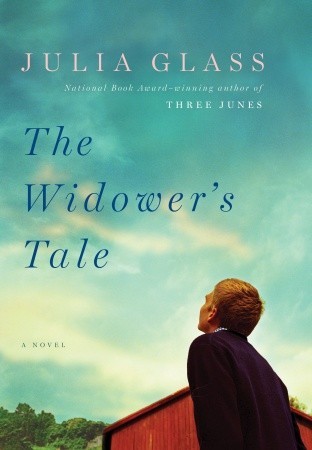 The Widower’s Tale Posted in: Families, Love Stories, Widows and Widowers
The Widower’s Tale Posted in: Families, Love Stories, Widows and WidowersFans of National Book Award winner Julia Glass know how richly drawn and complex her characters can be. The Widower’s Tale weaves together the lives of the family and acquaintances of widower Percival Darling, a 70-something retired librarian. Percy is erudite and cynical. At his core, he is a family man with compassion for his motherless adult daughters and his beloved grandson, all with dramas of their own. Thirty years after his wife’s drowning, Percy falls for a single mother and her adopted son. Subplots of eco-terrorism, cancer, class, immigration and gay marriage are pulled together to a satisfying conclusion. In creating a septuagenarian who emails and swims in the nude, Glass avoids the obvious stereotypes and has created a very memorable and attractive patriarch.
 The Last Days of Ptolemy Grey Posted in: Friendships, Mortality
The Last Days of Ptolemy Grey Posted in: Friendships, MortalityThere is no sugar coating in this realistic tale of a man stuck in the past with seemingly nothing to live for. A hermit in a filthy apartment, 91-year-old Ptolemy Grey is dealing with violence and abandonment, compounded by his spiral into paralyzing dementia. Ptolemy has a secret fortune hidden away, but his family dynamic is as uncertain as his memory. When his beloved, caregiving nephew is killed in a drive-by shooting, a beautiful, street-smart, yet selfless teenage runaway, Robyn, comes to help Ptolemy. She wants the best for him and her presence helps clear the cobwebs. A shady doctor offers Ptolemy an experimental drug that would restore his memory but end his life in just a few weeks. When Ptolemy chooses to embrace his final days with clarity and purpose, he leaves Robyn to wonder if she has done right by him. Author Mosley delivers with credible dialogue and characters we truly care about.
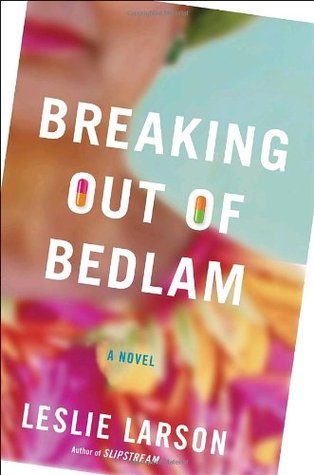 Breaking Out of Bedlam Posted in: Curmudgeons and Other Eccentric Characters, Families, Women’s Lives
Breaking Out of Bedlam Posted in: Curmudgeons and Other Eccentric Characters, Families, Women’s LivesMeet cantankerous Cora, taken from her home by well-meaning adult children who worry about her over-medicating and disregard for personal hygiene. At age 82 and 300 pounds, widowed Cora is placed, against her wishes, into assisted living. In a journal gifted to her by a grandchild, Cora reveals the story of her life from her shotgun wedding at 17, through the loss of her husband, and to her arrival at the Palisades nursing home. The staff and residents are scrutinized with Cora’s brand of candor and profanity—you’ll shake your head at Cora’s contempt as she sets the record straight and begins life anew. Kudos for Leslie Larson for a refreshing take on a stage of life so often portrayed disparagingly. How nice to see Cora learning, growing and reinventing herself!
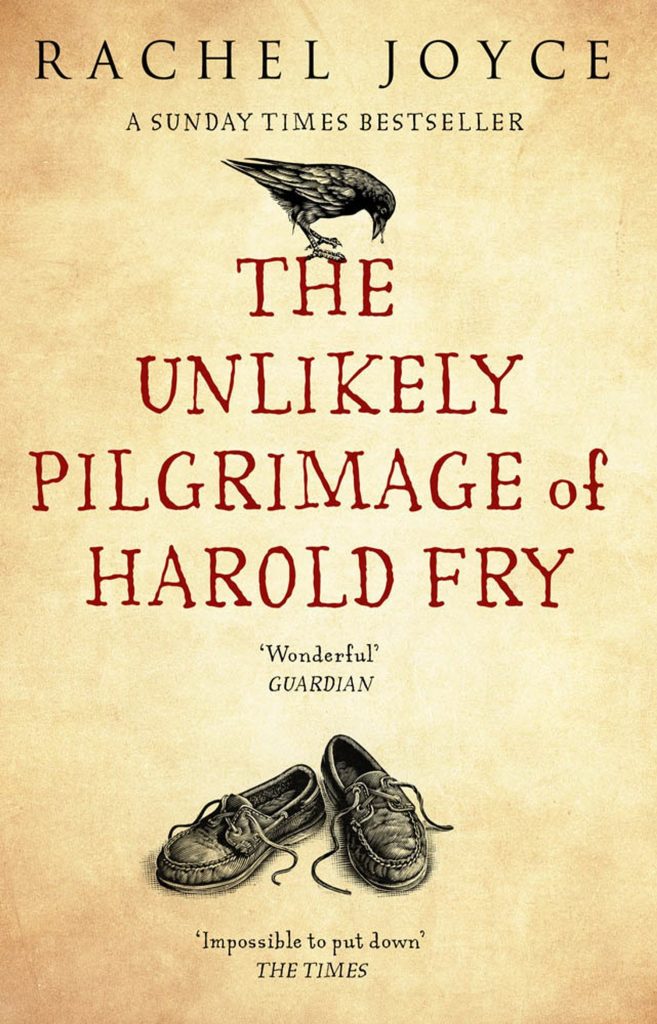 The Unlikely Pilgrimage of Harold Fry Posted in: Midlife Crossings
The Unlikely Pilgrimage of Harold Fry Posted in: Midlife CrossingsThis tale is comfort food for a reader’s soul. Harold Fry is a recently retired salesman coexisting with his chronically discontent, intolerant wife. Out of the blue, a goodbye letter arrives from Harold’s former coworker Queenie Hennessey, who is dying in hospice 600 miles away. Ever-conflicted about the right thing to do, milquetoast Harold pens a response but finds himself unable to mail the letter. A chance encounter with a stranger leaves Harold convinced that he must say goodbye in person, and that he must walk to keep Queenie alive. Determined and single-minded, Harold leaves a phone message for Queenie, imploring her to hang on until he can get there. Harold is earnest and almost painfully endearing; his journey can’t possibly save a life—or can it?
 Last Man in Tower Posted in: Midlife Crossings
Last Man in Tower Posted in: Midlife CrossingsWinner of the 2008 Man Booker prize for White Tiger, Aravind Adiga delivers a novel that transcends borders of geography and culture. New money is being infused into Mumbai and the city is changing quickly. The respectable high-rise where retired teacher Masterji has raised his family is slated for demolition to make way for an exclusive apartment building. Masterji is mourning the recent death of his wife, adjusting to retirement, trying to remain vital and age with dignity. A charming, corrupt, real estate mogul offers an exorbitant settlement to expedite the sale of the apartments, but Masterji is staying put, the lone dissenter. Loyalties are questioned as Masterji’s friends and family reject his decision to stay in his apartment, yet he does not succumb to psychological terror. India may seem exotic, its customs and religions unfamiliar to some readers, but when money and power threaten to corrupt a community, we see that we may not be so different after all.
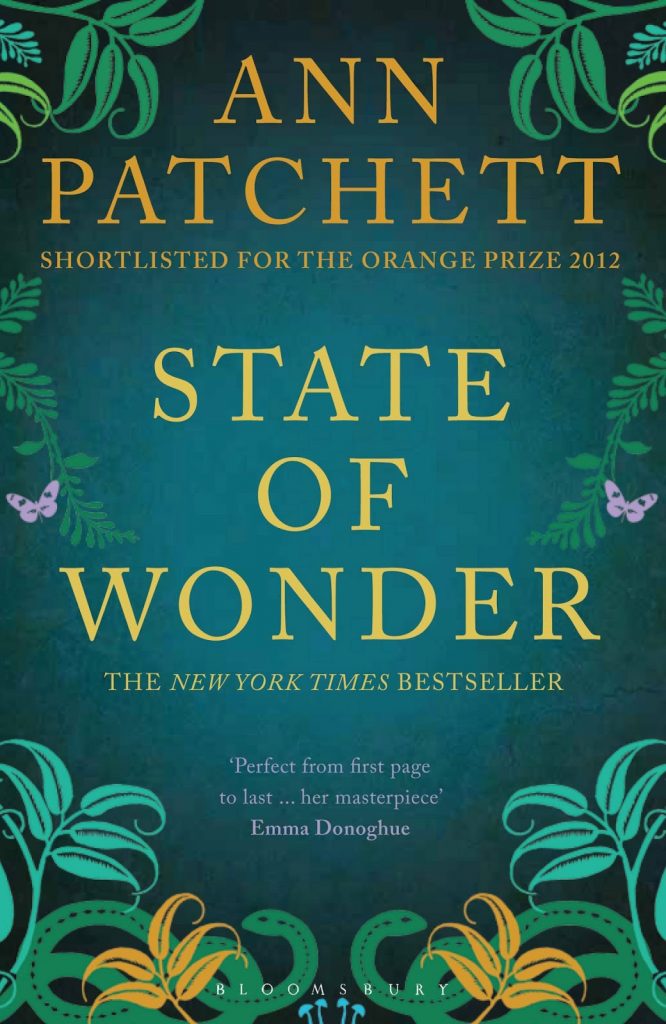 State of Wonder Posted in: Mysteries and Thrillers
State of Wonder Posted in: Mysteries and ThrillersBy Ann Patchett – Harper, 2011
A medical mystery set in an exotic locale, intriguing characters, family drama, life and death—it’s all here in this ambitious novel. Scientist Marina Singh is dispatched to the rain forest by her Midwestern pharmaceutical company to investigate the mysterious death of a coworker. The deceased had been documenting the research of a 70-something rogue doctor who claimed that the native women of the forest could bear children throughout their full lives. Though impeded by insects, cannibals and sickness, Marina is determined to get to the bottom of the story. Your skin will crawl and your heart race as the story unfolds, and in the end of this intense and intriguing work of fiction, you may wonder, should what happens in the jungle, stay in the jungle?
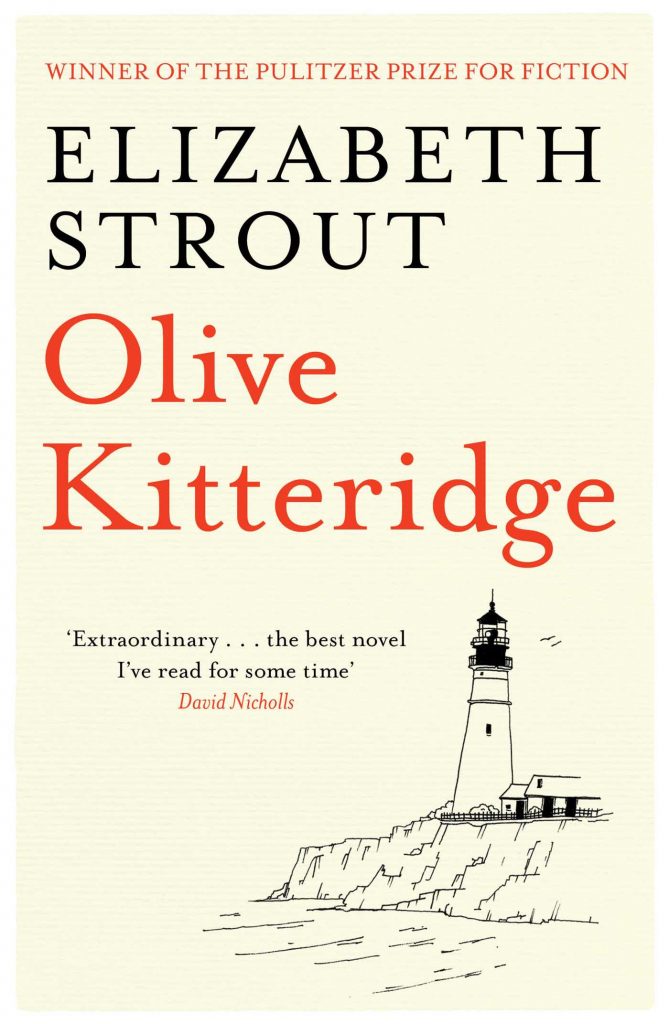 Olive Kitteridge Posted in: Curmudgeons and Other Eccentric Characters, Short Story Collections, Women’s Lives
Olive Kitteridge Posted in: Curmudgeons and Other Eccentric Characters, Short Story Collections, Women’s LivesAre you bored with the glut of female protagonists, divorced, barely out of their 20s, helpless and relying on serendipity to get by? Meet Olive Kitteridge, a heroine like no other. In this Pulitzer Prize-winning novel told in 13 short stories, you may identify with Olive as she becomes older, unapologetic and real. She complains and she judges, all the while observing others critically as they take on life’s challenges. Hidden beneath a crust of personal shortcomings, Olive emerges as a friend in times of need, a loving but flawed mother, and a woman who grows to accept life on life’s terms. You’ll find yourself rooting for this antihero, who is aware of her own aging and mortality, always surprising with her underlying compassion. Here’s to the Olive Kitteridge in all of us.
 Intelligence: A Novel of the CIA Posted in: Mysteries and Thrillers
Intelligence: A Novel of the CIA Posted in: Mysteries and ThrillersWho doesn’t enjoy a good spy story? Susan Hasler is a veteran of the counter-intelligence system and captures with chilling realism a terrorist plot as it unfolds at the local ballpark. The daily politics of working for the government are spelled out as only an insider might know them. We meet the team that tries to save the day—and their jobs—while walking the political line. An affair between two 60-somethings is discovered by this group and the angst of the colleagues-turned-lovers is portrayed refreshingly, with both tenderness and realism. The book is a nice change from others in this genre usually written from the male point of view. Read Intelligence for the edge-of-your-seat thrills and applaud Hasler for making her midlife characters dignified and authentic.


